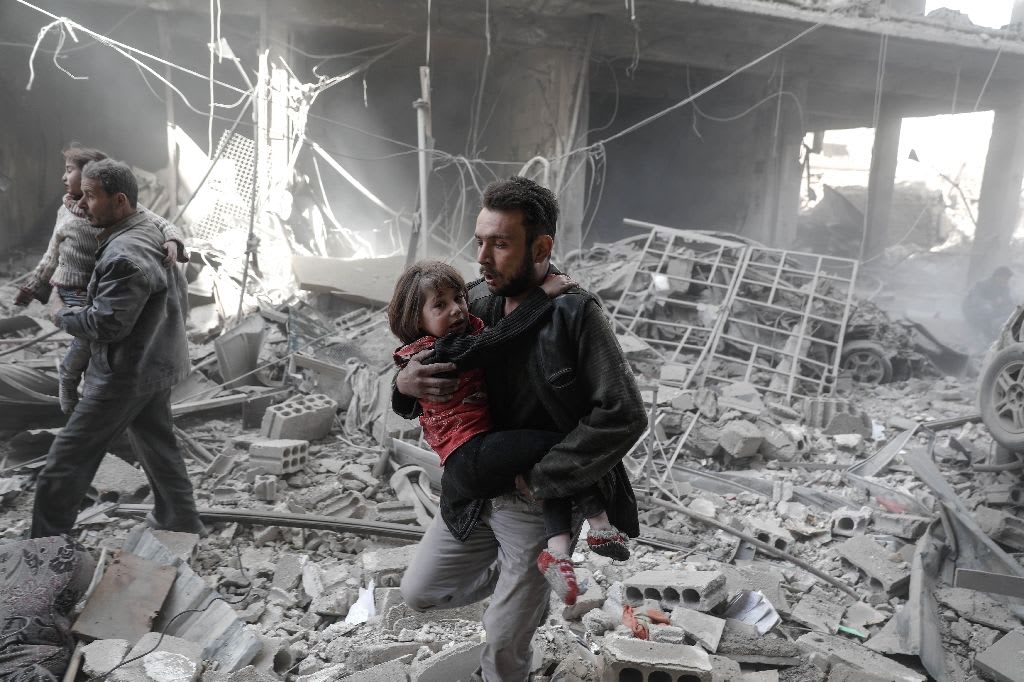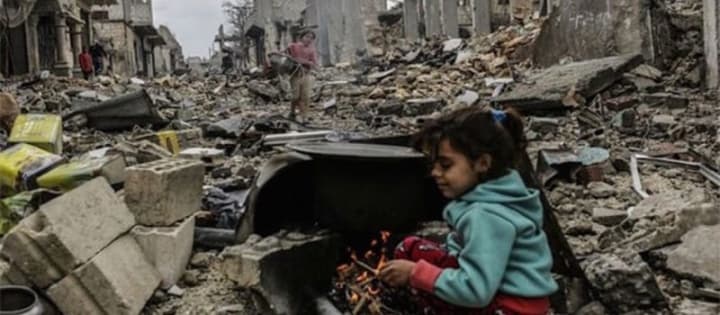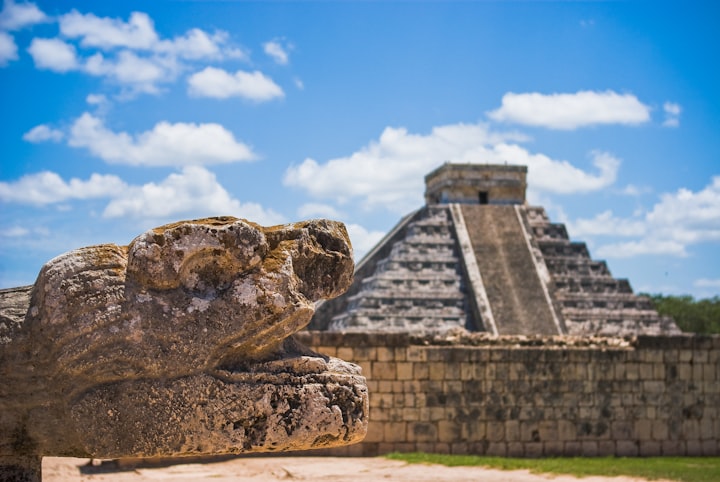
Wars and other forms of conflict have been crucial in determining the course of human history. Humanity has been characterised by a paradoxical duality for millennia, alternating between times of peace and bloody conflict. The story of human existence is inextricably linked to these turbulent events, which span from prehistoric battles fought on Mesopotamian battlefields to the devastating world wars of the 20th century. The various facets of conflict and war are examined in this essay, along with their causes, effects, and historical developments in warfare.
War and Conflict's Root Causes
As varied as the cultures and civilizations in which they take place are the reasons why conflicts and wars break out. Conflict primarily results from human nature's propensity for rivalry, territorial contention, and resource scarcity. Agrarian disputes were a common source of conflict in the past, but today conflicts can be brought on by economic injustices, religious disagreements, racial tensions, or political aspirations. For instance, imperialism and colonialism were motivated by the desire to possess foreign lands and resources, which resulted in international conflicts like the two World Wars.
The onset of conflict has also often been fueled by ideological differences. This is best illustrated by the Cold War, a protracted conflict between the United States and the Soviet Union. Capitalism and communism, two opposing ideologies, stoked proxy wars all over the world, causing terrible human suffering and geopolitical manoeuvring.
Conflict and war consequences
The effects of conflict and war are far-reaching, affecting not only the parties engaged in the fighting but also the entire world. The following are some immediate and long-lasting effects of wars:
- Loss of Life: The loss of human life is the most tragic result of war. Millions of people have died as a result of wars, from the Battle of Stalingrad in World War II, which resulted in over two million casualties, to the dropping of atomic bombs on Hiroshima and Nagasaki.
- Economic Impact: Wars are incredibly expensive and take money away from worthwhile projects. Infrastructure destruction, veterans' benefits, and reconstruction all have long-term financial effects.
- Social Disruption: Wars rip societies' social fabric apart. Families are split up, displacement becomes commonplace, and generations are affected by the psychological trauma that both combatants and civilians alike experience.
- Political Change: Political realignments, regime changes, or the redrawing of international boundaries can result from war. For instance, the end of World War I led to the collapse of empires and the birth of new countries.
- Technological Advancements: Ironically, wars have spurred technological advancement. The quest for a military advantage has sparked advancements in fields like communications, medicine, and aviation.
- Destruction of Cultural Heritage: Cultural treasures and historical sites have been destroyed by numerous wars, resulting in the loss of human heritage.

Changing Character of Warfare
With advancements in technology, strategy, and the makeup of political entities, warfare has changed over time. Hand-to-hand combat and siege strategies were frequently used in ancient battles, such as those fought by the Roman legions. In the late mediaeval era, the invention of gunpowder changed the nature of warfare by enabling more lethal and extensive destruction.
Two World Wars in the 20th century gave rise to industrial warfare. The horrors of chemical warfare and aerial bombardment eventually became defining characteristics of modern conflict, along with mass mobilisation and trench warfare. A new era of existential threat began with the development of nuclear weapons, which culminated in the bombings of Hiroshima and Nagasaki.
A shift towards asymmetrical warfare, such as proxy wars, guerrilla conflicts, and insurgencies, was observed in the post-World War II era. Although there was no direct conflict between superpowers during the Cold War, there was a proliferation of nuclear arsenals and a lot of espionage.
Warfare has evolved to be more unconventional and technological in the twenty-first century. New issues like hybrid warfare, drone attacks, and cyberwarfare have emerged. Conflicts can have global repercussions that go beyond national boundaries due to how interconnected the modern world is.
Conflict Resolution and Prevention Efforts
Conflict prevention and resolution strategies have also advanced. Diplomacy, collaboration, and conflict resolution are encouraged by the creation of global institutions like the United Nations (UN) and regional alliances like the European Union (EU). Humanitarian aid and peacekeeping operations are now essential tools in the effort to lessen the effects of war.
Many conflicts have been avoided through negotiation and diplomacy, such as the Cuban Missile Crisis, where diplomatic solutions stopped a potentially devastating nuclear conflict. Mechanisms for resolving conflicts, like the Camp David Accords, have been crucial in bringing about peace in areas where there have been long-standing tensions.
Non-governmental organisations (NGOs) and grassroots movements have become more crucial in recent years when it comes to promoting peace and human rights. The potential for social and political change through non-violent means is highlighted by movements like the Arab Spring and the #BlackLivesMatter movement.
Conclusion
Warfare and conflict have consistently existed throughout human history, which is regrettable. In order to both prevent future conflicts and find peaceful solutions to those that already exist, it is crucial to comprehend their underlying causes, effects, and evolving nature. Avoiding the destructive path of war continues to be a major challenge for all of humanity in a world that is becoming more interconnected and dependent on diplomacy and cooperation. A more peaceful and prosperous future can be influenced by actions that advance diplomacy, peace, and international cooperation.
About the Creator
The Knowledge
Welcome to a virtual realm where the past, present, and future converge to unravel the mysteries of history, the wonders of science, and the treasure trove of general knowledge.






Comments
There are no comments for this story
Be the first to respond and start the conversation.